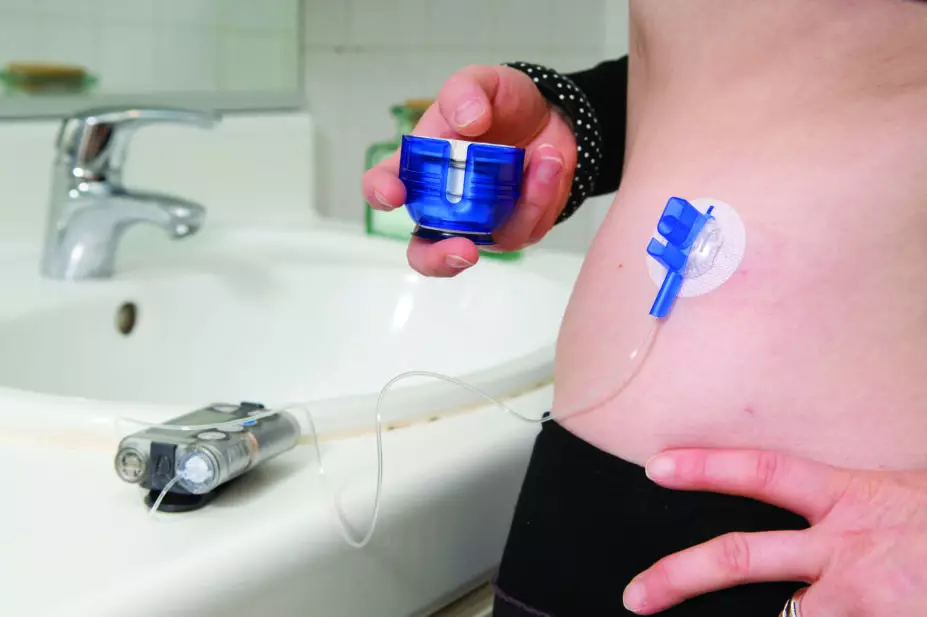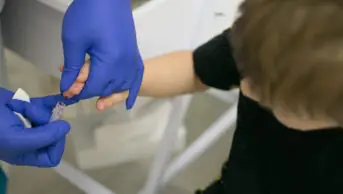
BSIP SA / Alamy Stock Photo
The use of insulin pumps in young patients with type 1 diabetes has increased substantially in the last decade, but the association with short-term diabetes complications is unclear.
Researchers carried out a population-based observational study to determine whether rates of severe hypoglycaemia and diabetic ketoacidosis were lower with insulin pump therapy compared with insulin injection therapy in children, adolescents and young adults with type 1 diabetes.
The researchers started by matching 9,814 young patients using pump therapy with 9,814 young patients using insulin therapy.
It was found that pump therapy was associated with lower rates of severe hypoglycaemia (9.55 vs 13.97 per 100 patient-years) and diabetic ketoacidosis (3.64 vs 4.26 per 100 patient years) compared with injection therapy and better glycaemic control during the most recent year of therapy.
The findings provide evidence for improved clinical outcomes associated with insulin pump therapy compared with injection therapy in young people with type 1 diabetes, the authors concluded in the Journal of the American Medical Association (10 October 2017)[1]
.
References
[1] Karges B, Schwandt A, Heidtmann B et al. Association of insulin pump therapy vs insulin injection therapy with severe hypoglycaemia, ketoacidosis, and glycemic control among children, adolescents and young adults with type 1 diabetes. JAMA 2017;318(14):1358–1366. doi:10.1001/jama.2017.13994


